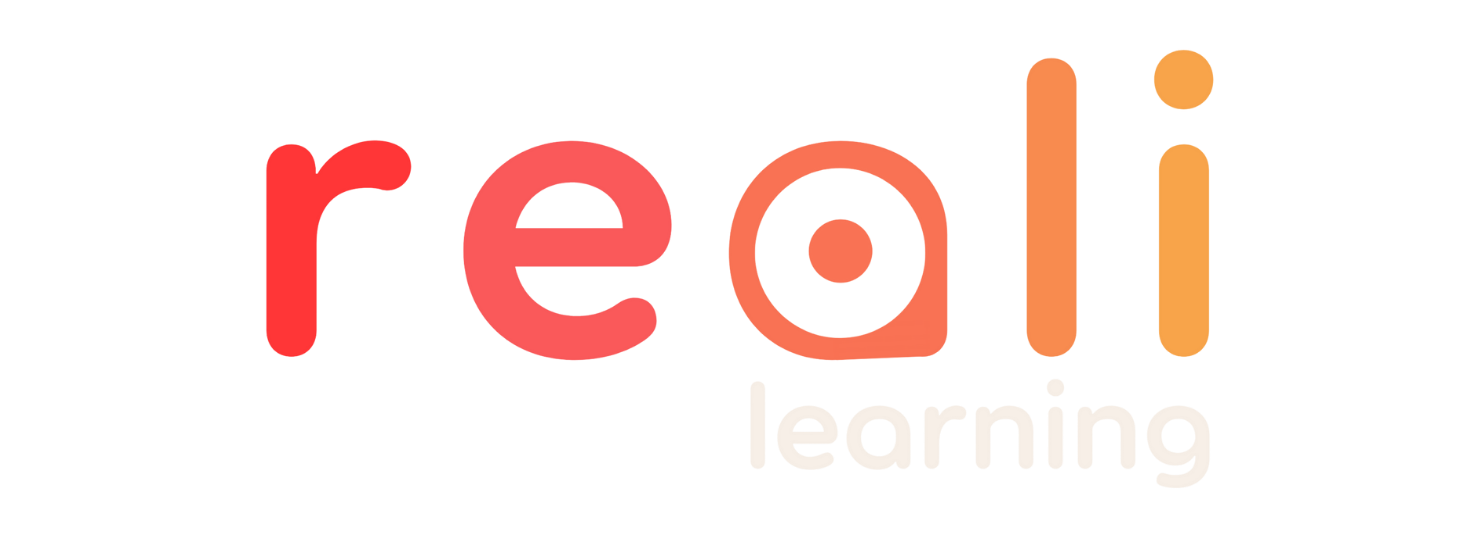As you know schools aren’t really helping you or your child achieve their dream or aspirations. Think about it, majority of the successful people we see around in the media or read their biographies like Steve Jobs, Elon Musk, Mark Zuckerberg etc don’t see a lot of value in the current education system. Infact Elon Musk started his own school Ad Astra for his children, after taking them out of a private school in Los Angeles! Why do you think schools still follow the same failed system with your child?
A leading consumer research has revealed that ninety per cent of parents consider Australia’s education system to be ‘poor’ or having ‘room for improvement’. Unsurprisingly, 80 per cent have some concern about their child being negatively impacted by the current education system. As the year comes to a close, more than one in three admit they feel ill-equipped to support their child’s learning in the next decade. This research follows the OECD Programme for International Student Assessment (PISA) report, which reveals that Australian students are years behind the rest of the world. When it comes to our global school education ranking, 38 percent of parents believe it will get worse in the next decade and close to half believe it will stay the same.
We expect students and their parents will increasingly take educational matters into their own hands in the 2020s. When it comes to students, over 60 per cent of senior pupils say the schooling system is not doing enough to set them up for jobs of the future.
Additionally, over 70 per cent believe that schools aren’t fully addressing an unpredictable job market. Students and parents believe that intelligence (IQ), emotional intelligence (EQ), social intelligence and adaptability (AQ) will all be essential qualities for a child’s success in the next decade.
Parents are not planning ahead • Sixty per cent of parents admit that they won’t do any formal planning in the lead up to 2020 to set out parenting approach/focus areas for the coming years/decade • Of parents who forward plan, over 60 percent will only plan for the immediate future, the next term or one year ahead
1. Develop Problem Solving Skills
In our work with 100s of teachers and education researchers, we found the real problem in Australian School systems is that they are designed for the industrial age and for everyone, not the new Technological age where its personalised to discover leadership skills in each child. Schools put 100% of the students through the same curriculum , which is recipe for failure for the majority, and only 10% of them go to top Ivy schools or even professions.
You are working in a team right? Can you recall how many times did you have to solve a conflict in a team or you had to solve a real problem or convince the team to follow your lead?
Do you think these things are being taught to your kids in school? Why not?
Based on our research with leading educationists, we have found problem solving in a team is critical to develop core leadership skills, which unfortunately isnt a focus for schools. By putting students in small groups, giving them a difficult real world problem that they are passionate to solve and using established approaches like Project Based Learning & Kagan Structures we help them to solve the problem, which develops their confidence, collaboration as well as Science & English skills . Research also states these skills should be developed early on when children are 9 to 11 year old rather than in secondary or high school, by when it’s too late.
We use collaborative game plays, which children find interesting and want more, so as a parent you wouldn’t need to push them too our classes like tuition. To keep it challenging and filled with learning, each week we have a different scenario. Think of this as a supercharged sports practice to develop their muscle memory, on solving problems working in a team. How do you see this benefiting your child?
To develop this, we don’t use theory instead a similar program to Elon musk’s school, which is using real world projects & challenges in a play & fun environment, which your children will execute with other children across Australia. This blend of solving with peers is a key skill that we ensure to develop like muscle memory in the student, which they can then use in their school projects, soccer or netball, at home or even family events.
2. Encourage risk taking
When we think about risk, it’s easy to jump to a negative place. We’re not saying your child should bring back the planking trend, we’re talking about the healthy kind of risks that help them grow. Encouraging your kids to be adventurous and give things a go is the only way they’ll build new skills. As well as instilling confidence, risk-taking helps kids develop independent thinking, motor skills and perception and helps parents identify areas where their child may need extra guidance or support.
3. Don’t solve their problems
It’s in our nature to want to protect our children from failure, but intervening won’t do them any favours in the confidence department. Kids need to understand that failure – and the emotions that come with it – are normal. “It’s ok to help them through the process of problem solving, rather than coming in as the knight in shining armour and solving it for them,” she says. They’ll probably struggle, maybe even fail, but they’ll always learn.
4. Be an active learner
Students are taught that effective study involves reviewing class notes, which is often interpreted as simply reading them over and over. The problem with this kind of learning is that it’s passive – you’re just dragging your eyes over the same words rather than doing anything with what you’re learning. This doesn’t help you embed what you’ve learnt in your long-term memory. It’s better to do something with what you’re learning, such as answering questions (even planning an answer) and rewriting quotations, rather than just reciting them to yourself. The very best way to apply what you’re learning is to teach it to someone else. If you have a willing parent or sibling, sit them down and explain the topic you’re working on. If nobody’s available, you can always teach yourself in your bathroom mirror or coax a pet to listen.
5. Set SMART goals
Rather than just sitting down to study, it’s useful to set clear goals. SMART goals are Specific, Measurable, Achievable, Realistic and Timely. With SMART goals, you’re more likely to start and finish, and what you achieve will fit into your bigger learning goals. For example, you might sit down with the goal of dividing your notes into sections and reviewing one section per day. Part of the timely element is that you understand how long a task will take, which is useful for time-limited assessments like exams.
6. Get enough sleep
Research has linked sleep with mental acuity, achievement and, of course, learning. Scientists are starting to see a strong connection between sleep and memory consolidation. There’s also a direct correlation between students getting enough sleep and their ability to perform in tests. For teenagers, this means eight hours or more each night. In addition to impairing your ability to learn and remember, lack of sleep seems to cause a raft of health problems, including weight gain, high blood pressure, and an increased risk of heart disease.
7. Take advantage of feedback
Educational thinkers and researchers all pretty much agree that feedback is the “secret sauce” of learning. The best feedback is not just retrospective, it also tells you where you should focus your energy moving forward so that you learn from your mistakes and know how to replicate your successes. Don’t just focus on the marks your teacher gives. Make sure you read his comments and advice. If you don’t receive any useful feedback, ask for it. If your teacher is happy to read drafts, take advantage of her generosity. But don’t ask her to read your essay the night before it’s due. For meaningful revision and learning, you’ll need to allow time for feedback and to make necessary changes to your draft (see our point above).





